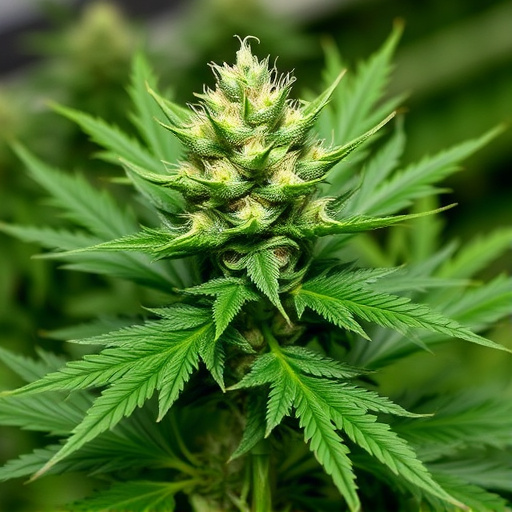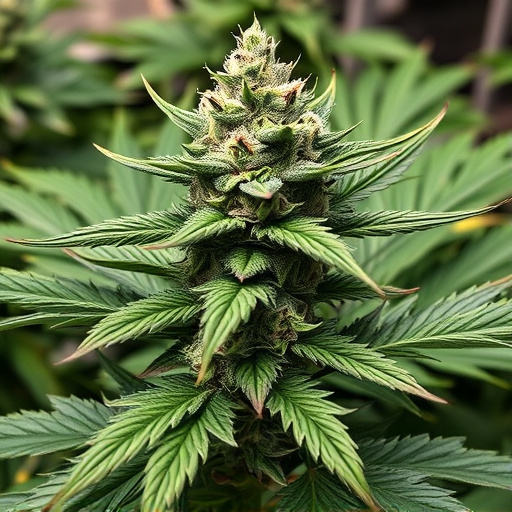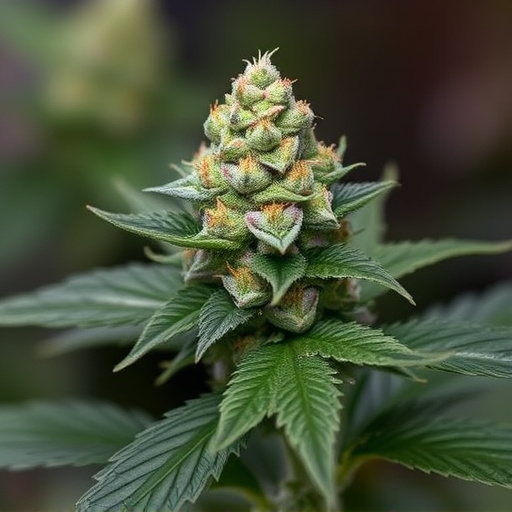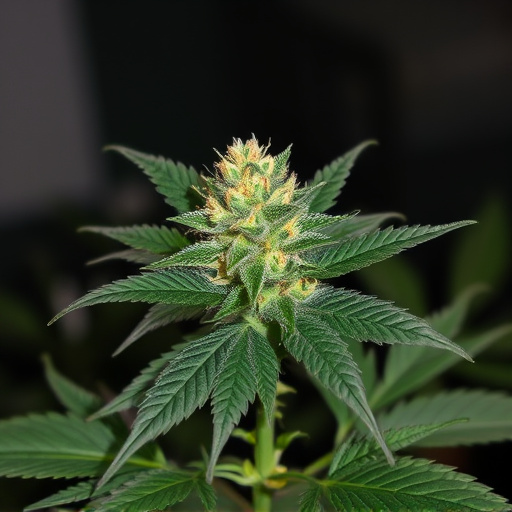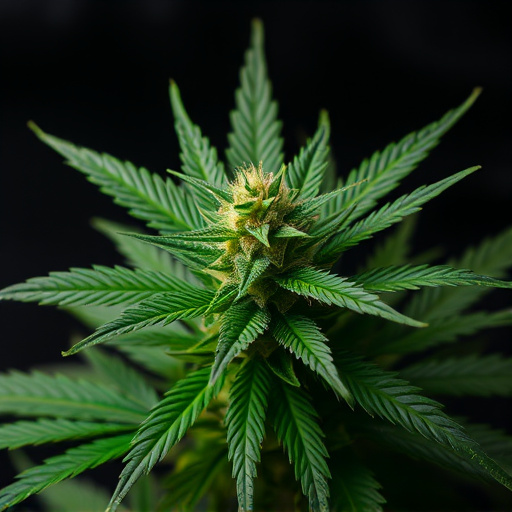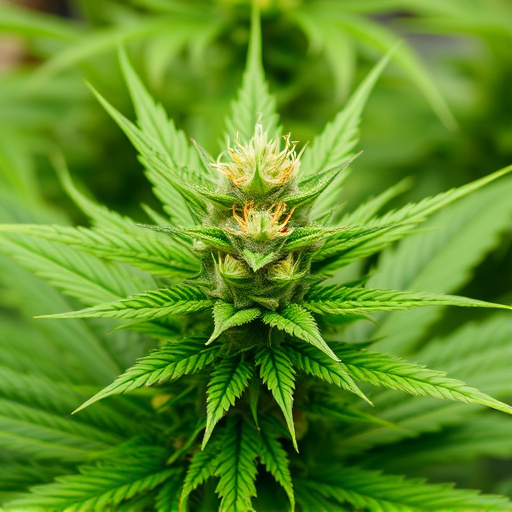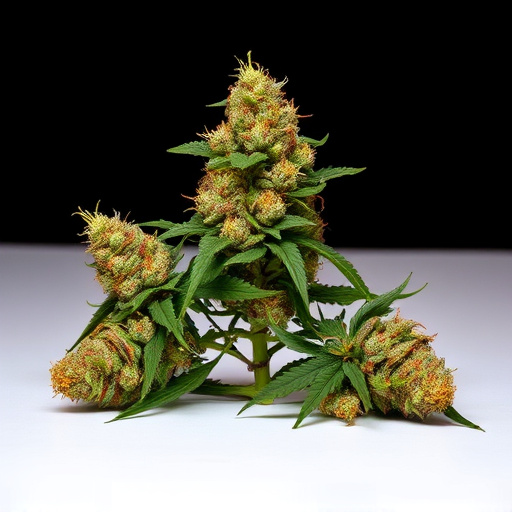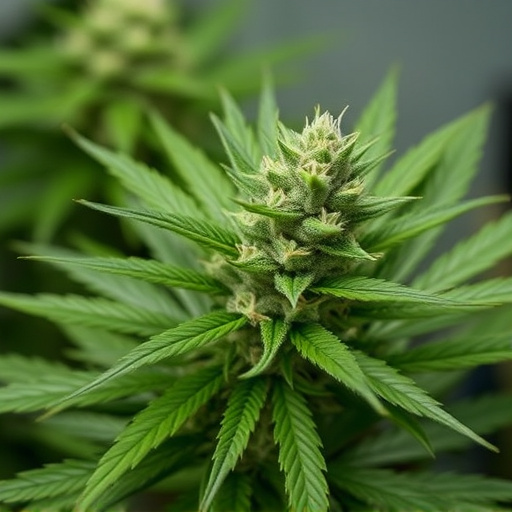While popular for their energizing effects, high THC sativa strains carry significant health risks, including heightened anxiety, paranoia, and psychosis, especially in individuals with mental health conditions. They can also worsen respiratory issues and negatively impact memory and cognitive function. Mindful dosage and strain selection are crucial, particularly for new users or those with pre-existing conditions. The cannabis industry's growth offers diverse products but raises concerns about inconsistent quality and potency, underscoring the importance of prioritizing reputable sources and educating oneself about high THC sativa strains' specific effects and risks.
“Cannabis flower, particularly high THC sativa strains, presents potential health risks that can’t be overlooked. While it offers therapeutic benefits, its growing popularity raises important concerns. This article delves into the specific dangers associated with potent sativas, focusing on psychological effects and addiction potential. We also explore regulatory challenges and safety considerations surrounding cannabis consumption, emphasizing the need for informed decision-making in today’s rapidly evolving landscape.”
- Potential Health Risks Associated with High THC Sativa Strains
- Psychological Effects and Addiction Concerns
- Regulatory and Safety Considerations for Cannabis Consumption
Potential Health Risks Associated with High THC Sativa Strains
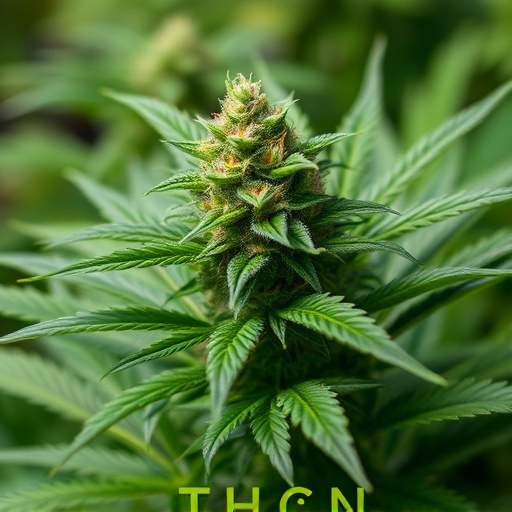
High THC sativa strains, while popular for their energizing and creative effects, carry potential health risks. The high concentration of tetrahydrocannabinol (THC), the primary psychoactive compound in cannabis, can lead to heightened anxiety, paranoia, and even psychosis in some individuals, particularly those predisposed to mental health conditions. These strains may also exacerbate existing respiratory issues due to their tendency to induce coughing and breathing difficulties.
Additionally, consuming high THC sativa strains can impact memory and cognitive function, especially with prolonged or frequent use. There’s growing evidence suggesting a link between high THC intake and potential negative effects on the brain, including alterations in memory formation and decision-making abilities. As such, it’s crucial to be mindful of dosage and strain selection, especially for those new to cannabis use or with pre-existing health conditions.
Psychological Effects and Addiction Concerns
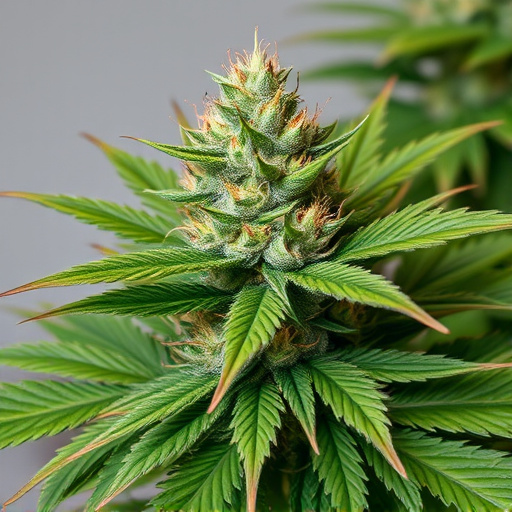
Cannabis flower, particularly high THC sativa strains, can have potent psychological effects that should not be underestimated. While cannabis is often used for its potential therapeutic benefits, such as reducing anxiety and improving sleep, the high concentrations of tetrahydrocannabinol (THC) can lead to intense mental and emotional responses. Users may experience heightened senses, increased creativity, and a sense of euphoria, but they may also encounter negative effects like anxiety, paranoia, and hallucinations. These psychological impacts are especially pronounced in individuals who are susceptible to mental health disorders or have a history of substance abuse.
Addiction is another significant concern related to cannabis use. Although cannabis is often considered less addictive than other substances, chronic use can lead to dependence and addiction. High THC strains, in particular, may increase the risk due to their intense effects. Regular users may develop tolerance, requiring higher doses to achieve the same desired effect. This can result in a cycle of increased consumption and potential long-term negative consequences for mental health and daily functioning. It’s crucial for consumers to be aware of these risks, especially when using potent sativa strains with high THC levels.
Regulatory and Safety Considerations for Cannabis Consumption
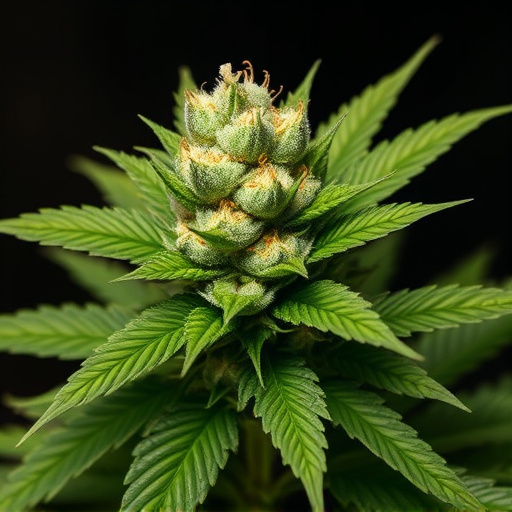
The cannabis industry’s rapid growth has led to a diverse market with various products, including high THC sativa strains, offering unique experiences. However, consumers must be aware of regulatory and safety considerations when using cannabis. The lack of widespread regulation means that product quality and potency can vary significantly, posing potential risks.
One primary concern is the varying levels of tetrahydrocannabinol (THC), the compound responsible for most psychoactive effects. High THC content in sativa strains can lead to intense experiences, including heightened anxiety and paranoia in some users. These adverse effects are more common in individuals with a history of mental health issues. Additionally, the potential for accidental overdose exists due to inconsistent labeling and product purity. Therefore, consumers should prioritize reputable sources and educate themselves about the specific characteristics of any cannabis they plan to consume.
While cannabis flower offers potential therapeutic benefits, it’s crucial to be aware of the risks associated with high THC sativa strains. The psychological effects and addiction concerns linked to these potent varieties require careful consideration. Navigating regulatory and safety aspects is essential for responsible consumption. Understanding the unique challenges posed by high THC sativas can help users make informed decisions, ensuring a safer and more beneficial cannabis experience.

